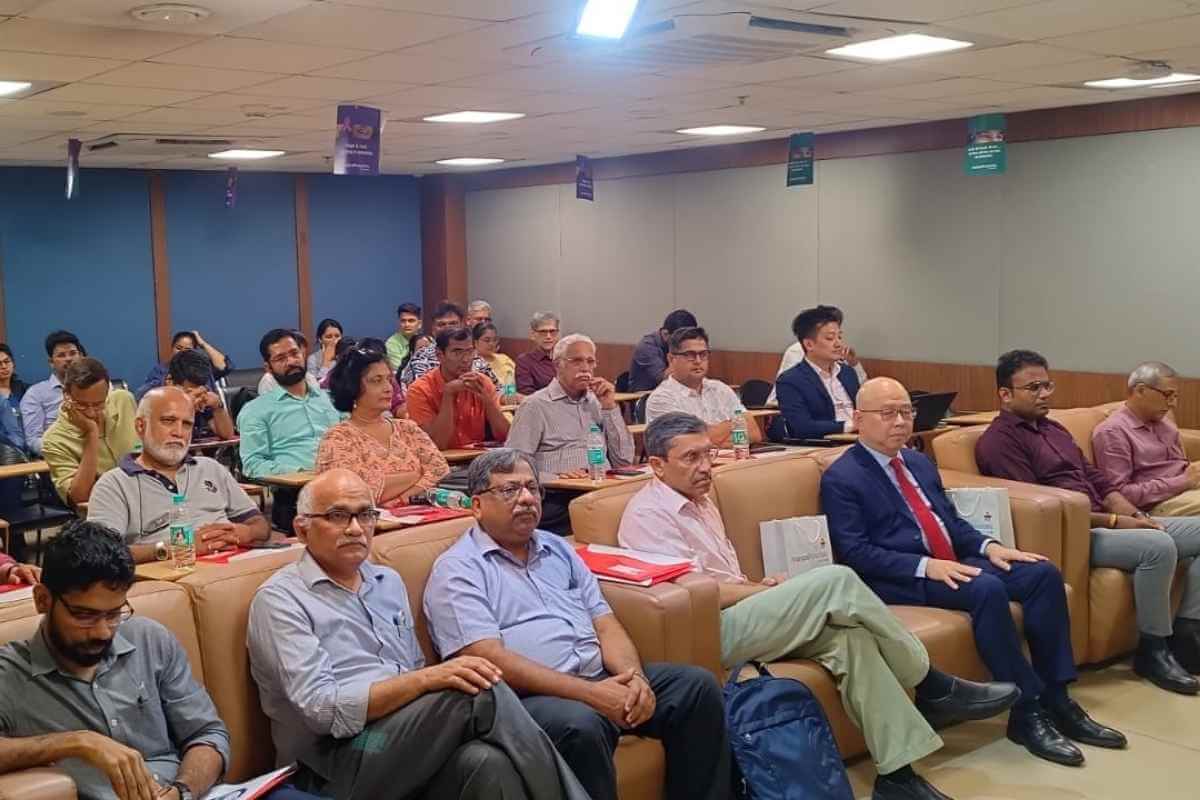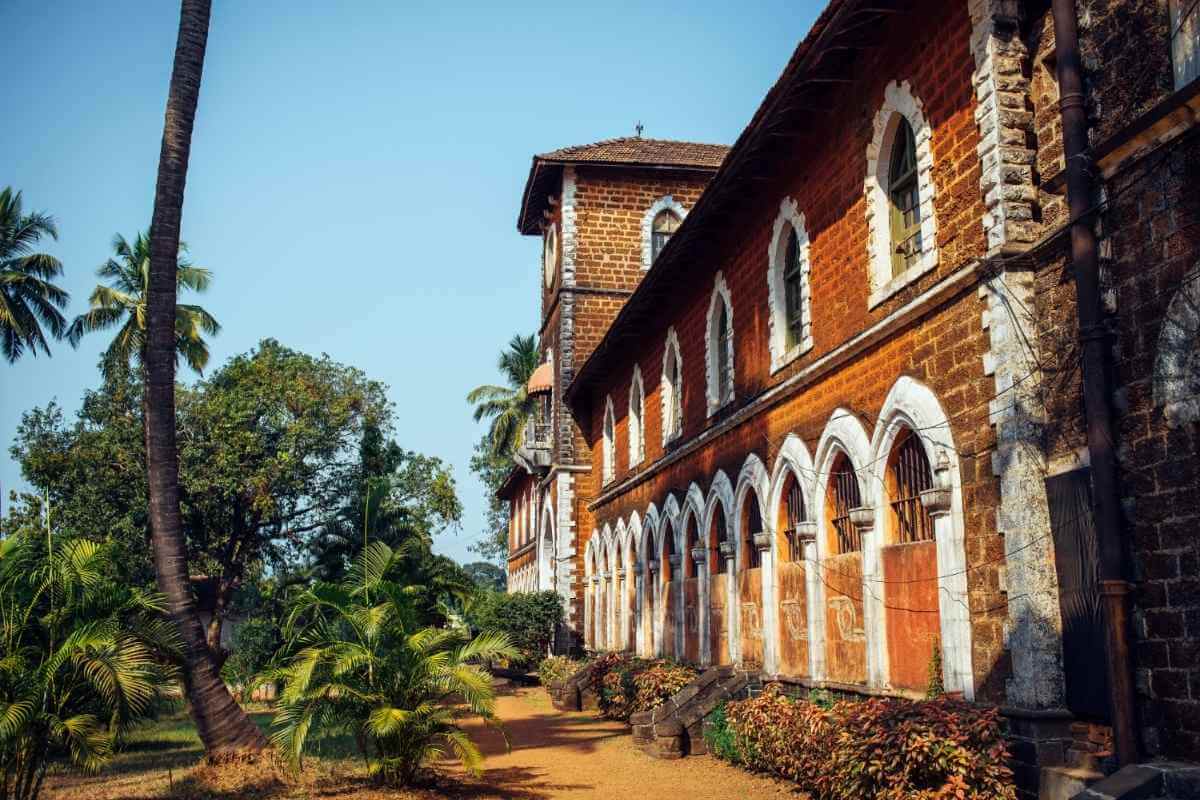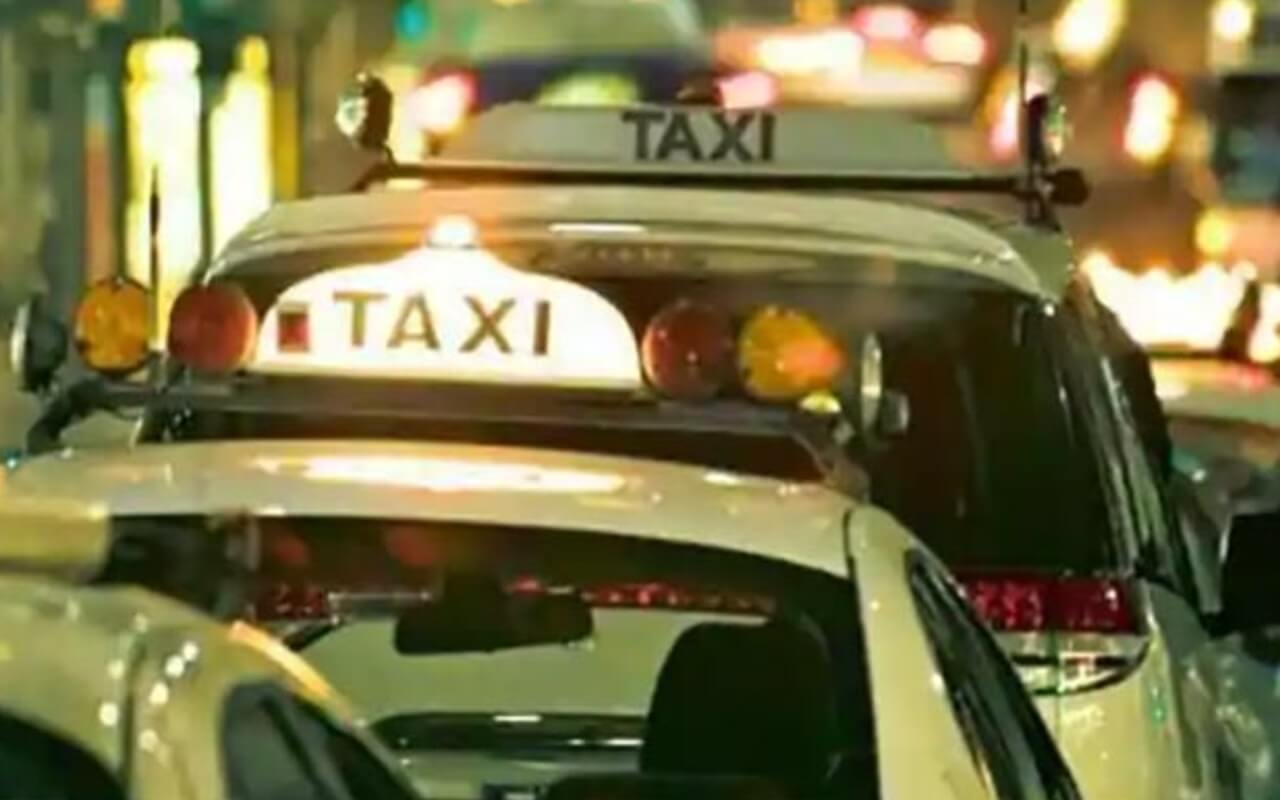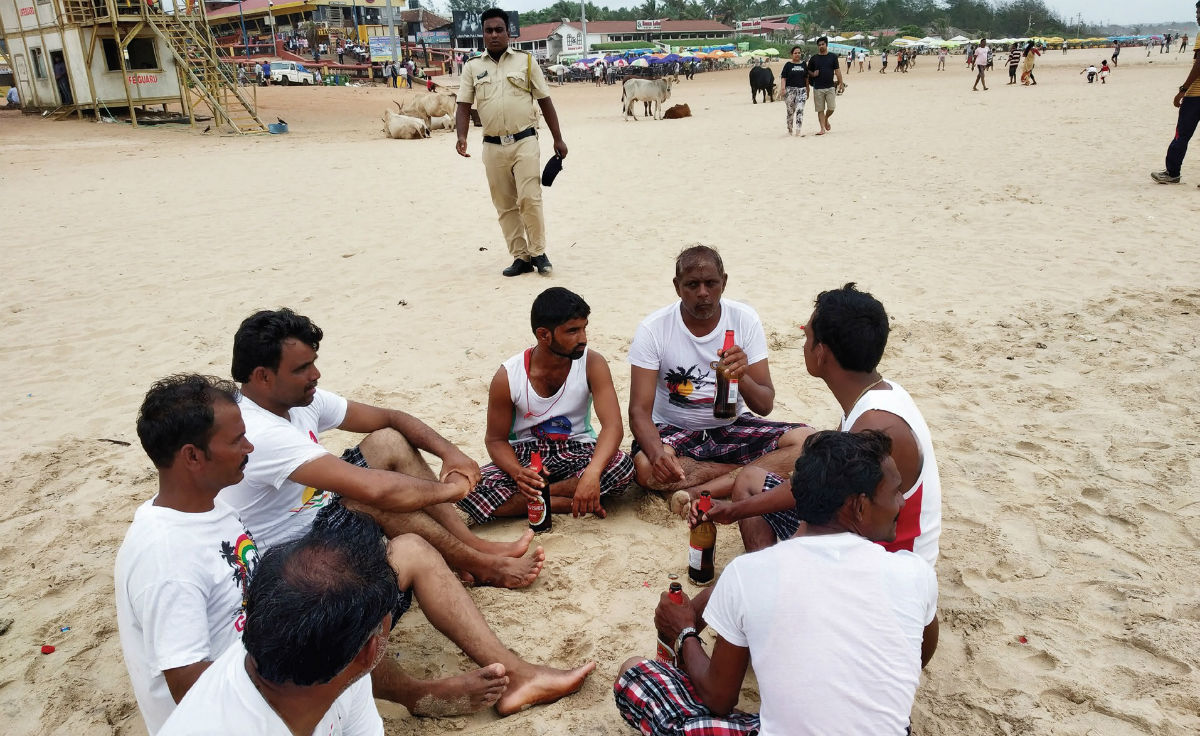As was the recent case with US-based Glenn Perry, many NRI Goans who return home on a short visit often find that their properties/apartments and even ancestral Portuguese era homes have been usurped by illegal occupants. They often have to resort to a court order to evict these occupants. In 2017, a law was mulled to protect NRI properties, with an Amendment to the Registration Act, but the danger of losing properties altogether continues.
Even as more Goans aspire to live abroad, the worrisome aspect of losing their properties in Goa to illegal occupants is a real and growing threat. The recent case of US-based musician Glenn Perry, son of legendary Chris Perry is a point in case.
On his last visit to Goa in November, according to the Times of India, Glenn had padlocked his flat at Perry Arcade, near Chowgule College, Margao. Among the many things in the flat was his parent’s gold locked in a cupboard.
However, when he returned in May at the invitation of the State government to name a road in his father’s honour, he was shocked to find the flat occupied and the gold gone. The flat was occupied by a family of 7 for a period of 10 days in the month of May this year, till they were discovered.
“This is a criminal racket and I am the victim of it,” Glenn said, voicing the anguish of many Goans who find themselves in similar circumstances. “Having a home in Goa I’m homeless and staying in hotels,” he said then as he held a dharna in front of usurped flat his with placards to highlight what he termed ‘a daylight robbery of an immovable asset’.

What further aggravated the problem is that though Glenn filed a police complaint under Sections 341 and 448 r/w section 34 of IPC, he nevertheless had to go to court to get an eviction order and take possession of his flat.
Making an appeal to fellow NRI Goans to save their houses from trespassers he said, ““I would like to spread awareness and a send a message to them not to leave their houses locked or unattended.”
The alarm bells are triggering even as the government, back in 2017, had promised to protect the interests of NRI Goans in respect of their properties back home. According to the Census of India, the numbers of occupied locked houses in Goa are the highest in the country, with Goa accounting for as much as 1.4%.
According to the Economic Times 2017, the State government, Town and Country Planning was mulling a law to check fraudulent sale of ancestral properties of NRI’s and expatriates in the State.
They had taken cognizance of the fact that such properties were being sold without the knowledge of the owners.
The then Town and Country Planning Minister, Vijai Sardesai pointed out that very often “people having power of attorney fraudulently sign documents and sell it to a third party without informing the owner. When they come back here, they find that their properties are already gone,” he added.
At the legislative assembly in December 2018, the government had contemplated introducing a bill to provide protection to such properties.
To this effect, an amendment to the Registration Act would have to be made. “We can make it compulsory for the owner to be present while the property is sold so that the person with the power of attorney cannot take advantage,” he said while stating that a sizeable number of NRIs also form a substantial part of the voting force here.
But from the escalating rate of such thefts, not much seems to have been done. To put a stop to this or rather prevent it, many old ancestral homes are being sold off to wealthy outsiders. Capitalizing on this market, many touts are targeting unoccupied colonial homes and selling them off illegally to unsuspecting buyers and much to the dismay of the unsuspecting owners living overseas, as well.

To prevent any untoward incidents, buyers are cautioned to check that there is a clear title to the property, whether there are claims from other heirs and to find out which government body has jurisdiction over the property.
According to a report in the Times of India, one Goan had said that he had to come down to Goa just to attend to court cases as some people tried to get illegal possession of his land.” I don’t want my children to go through this. It would be best to sell off ancestral property. There is no support from the State government to protect lands and houses of Goans living and working abroad,” he said. Such occupied locked houses are also vulnerable to vandalism.
Speaking to the Times of India, Mapusa based advocate Kevin Braganza clarified that while the present law safeguards people, the procedure needs to be made more stringent, especially when it comes to mutation, sales deed, and verification of documents.


























1 thought on “Many NRI Goans Homeless As Properties Usurped in their Absence”
My father won a case against a caretaker who attempted to claim for mundkarship in 1981 and 1988 in the mamladar court of Mapusa, as he had care taker agreement executed. He thereafter allowed the lady and her family to continue to stay in the house, after my father’s Denis’s we decided to evict the caretakers who’s son was residing in the house, he appealed against various orders that were passed against him in the high court, where 1 high court judge though agreeing that there is no flaw in our case gave him the opportunity to appeal in the same mamladar court of Mapusa where we won our earlier matter and to my lawyer and our surprise the mamladar gave him mundkarship, the appeal against this order is still pending and 22 years have gone by. I am out of my own house, I have lost all faith in judiciary. I know what NRI Goans are going through and advise them of a long drawn legal battle with more chances of losing than winning the legal matter. When money talks shit walks.